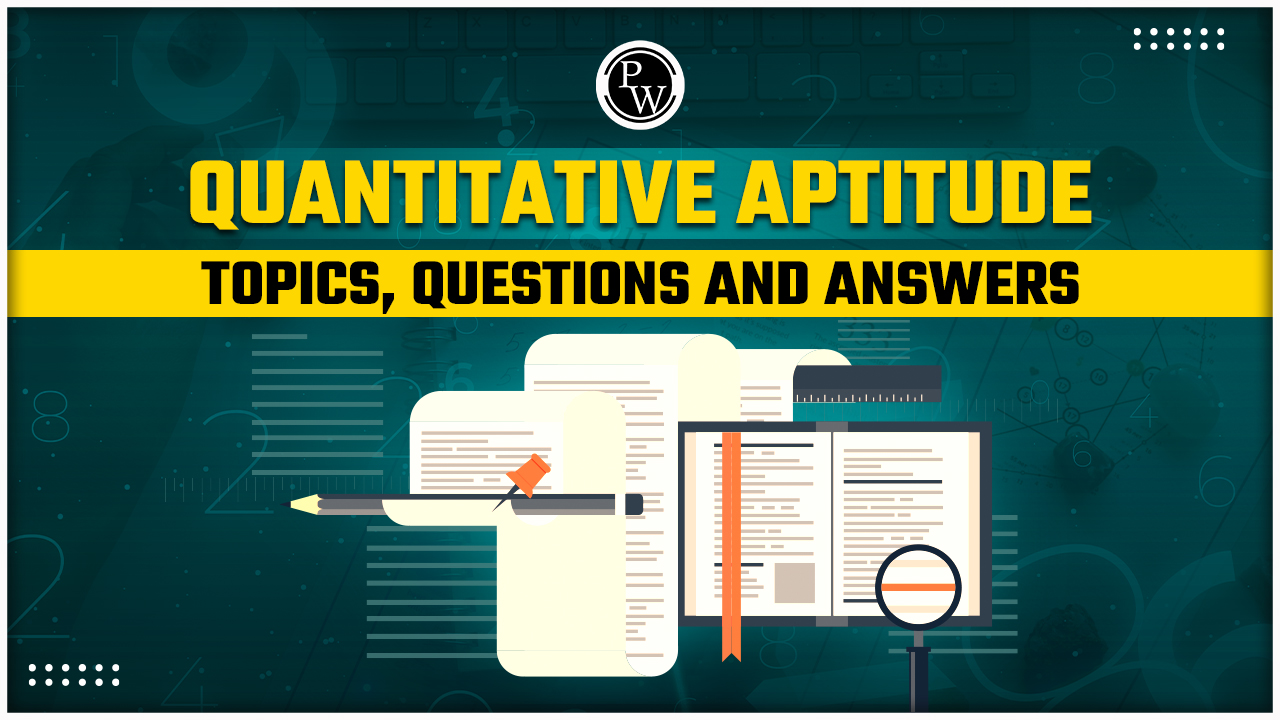Search results: 220
- Teacher: MR VARUN SHARMA [EN]
Category: Mr. VARUN SHARMA
- Teacher: MR. VIKAS KAMRA [CS]
Category: MR. VIKAS KAMRA
- Teacher: MS. SHIVANI [CO]
- Teacher: Pravin Srivastav [CS]
Category: Mr. Pravin Srivastav
- Teacher: Mr. Pushpendra Kumar [CSE]
- Teacher: Mr. UMANG RASTOGI [CSE]
- Teacher: Shalini Kapoor [CSE]
Category: Mr. Pushpendra Kumar
An Aptitude typically provides an overview of an individual's natural talents, skills, and abilities. Here’s a general outline of what aptitude might include:
Overview of Strengths:
- Problem-Solving Skills: Ability to analyze situations, identify issues, and develop effective solutions.
- Analytical Thinking: Capacity for understanding complex systems and concepts, and breaking them down into manageable parts.
- Technical Skills: Proficiency in specific tools, technologies, or methodologies relevant to a particular field.
- Creative Abilities: Talent for thinking outside the box, generating innovative ideas, and applying creative solutions to real life challenges.
Core Competencies:
- Numerical Aptitude: Strength in handling mathematical calculations, data analysis, and quantitative reasoning.
- Verbal Aptitude: Skill in understanding, interpreting, and conveying information through language, both written and spoken.
- Spatial Reasoning: Ability to understand and manipulate shapes, patterns, and spatial relationships.
Interpersonal Skills:
- Communication: Proficiency in articulating ideas clearly and effectively to diverse audiences.
- Teamwork: Ability to collaborate well with others, demonstrating leadership and supportive skills as needed.
- Emotional Intelligence: Capacity for understanding and managing one’s own emotions and those of others, enhancing interactions and decision-making.
Learning and Adaptability:
- Quick Learner: Ability to grasp new concepts and skills rapidly and effectively.
- Flexibility: Capacity to adapt to changing circumstances and work environments with ease.
Career-Related Aptitudes:
- Industry-Specific Skills: Expertise in areas relevant to a particular career or profession, such as software development, marketing strategies, or engineering principles.
Potential Areas for Growth:
- Skill Development: Areas where further training or practice could enhance capabilities.
- Experience Gaps: Aspects of the field where gaining more experience could be beneficial.
Aptitude can help you to guide in career decisions, educational pursuits, and personal development strategies.
Time management is a crucial component of aptitude that involves the ability to plan, prioritize, and execute tasks efficiently within a given timeframe. In the context of aptitude, time management play a very important role.
Effective time management enhances productivity, reduces stress, and improves overall performance by ensuring that tasks are completed efficiently and deadlines are met. It’s a vital skill in both personal and professional settings, and honing it can lead to significant improvements in achieving goals and maintaining balance.

Category: Manish Gupta
For campus placement, especially in competitive fields or companies, the aptitude requirements can be quite specific and rigorous. Here’s a breakdown of what you might need to focus on:
1. Technical Skills
- Domain Knowledge: Understanding of the specific field or industry you're applying to, whether it's engineering, finance, IT, etc.
- Coding and Programming: For tech-related roles, proficiency in programming languages and problem-solving skills are essential.
- Software Proficiency: Familiarity with relevant tools and software can be crucial depending on the job.
2. Aptitude Tests
- Quantitative Ability: Strong skills in mathematics, including algebra, calculus, statistics, and data interpretation.
- Logical Reasoning: Ability to solve puzzles, logical problems, and pattern recognition tasks.
- Verbal Ability: Proficiency in reading comprehension, grammar, and vocabulary.
3. Soft Skills
- Communication Skills: Both verbal and written communication are key, as they reflect your ability to articulate ideas and work effectively in teams.
- Problem-Solving Ability: Demonstrating critical thinking and problem-solving skills through practical examples or case studies.
- Teamwork and Leadership: Experiences and traits that showcase your ability to work well in teams and potentially lead projects or initiatives.
4. General Knowledge and Awareness
- Current Affairs: Awareness of current events, industry trends, and general knowledge that might be relevant to the role or company.
- Company Knowledge: Understanding the company’s history, products, services, and market position.
5. Interview Preparation
- Technical Interviews: Expect to solve problems, answer technical questions, and sometimes complete coding challenges or case studies.
- Behavioral Interviews: Be prepared to discuss past experiences, challenges, and accomplishments, and demonstrate how you fit with the company culture.
6. Additional Skills
- Project Management: Understanding of basic project management principles and tools might be necessary, especially for managerial roles.
- Presentation Skills: Ability to present ideas clearly and effectively, often demonstrated through presentations or group discussions.
Preparation Tips:
- Mock Tests: Take practice tests to get familiar with the types of questions asked and the format of the aptitude tests.
- Study Material: Use books, online courses, and other resources to strengthen your quantitative, logical, and verbal skills.
- Resume Building: Ensure your resume highlights relevant skills, experiences, and achievements that align with the job requirements.

Category: Manish Gupta
- Understand the importance of the use of OR application in decision Making environment
- To formulate LPP and Obtain Graphical Solutions & Acquire General idea of the Simplex method.
- To understand and solve transportation & assignment models.
- To know optimal sequence model and understand concepts of queuing theory.
- To identify right time for replacement of equipment and understand project management techniques
Category: Mani Tyagi
1. Understand the importance of the use of OR application in decision Making environment
2. To formulate LPP and Obtain Graphical Solutions & Acquire General idea of the Simplex method.
3. To understand and solve transportation & assignment models.
4. To know optimal sequence model and understand concepts of queuing theory.
5. To identify right time for replacement of equipment and understand project management
techniques
Category: Mani Tyagi
- Teacher: MR HEMANT KUMAR GUPTA [CE]
Category: Final Year
COURSE OUTCOME:
After completion of the course student will be able to:
1. Students can understand the definitions, concepts and components of Rural Development
2. Students will know the importance, structure, significance, resources of Indian rural economy.
3. Students will have a clear idea about the area development programmes and its impact.
4. Students will be able to acquire knowledge about rural entrepreneurship.
5. Students will be able to understand about the using of different methods for human resource planning
- Teacher: MS JYOTI SRIVASTAVA [EN]
Category: Ms. D. BLANDINA MIRACLE
The "Sensor and Instrumentation" course covers the principles, design, and application of various sensors and instrumentation systems. Topics include sensor types, signal conditioning, data acquisition, and integration into measurement systems. Students learn to select appropriate sensors, understand their operating principles, and analyze data for applications in industries such as healthcare, environmental monitoring, and automation. Practical labs and projects provide hands-on experience in building and troubleshooting sensor-based systems, preparing students for real-world challenges in engineering and technology fields.
Category: Dr. Rajesh Yadav
